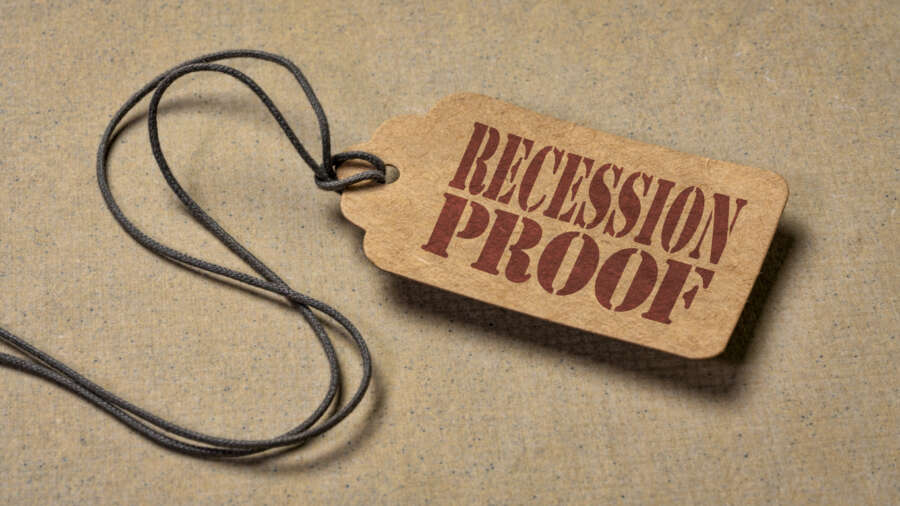

Vincent Nair, executive chairman and CEO of SMARTECH Business Systems
As the rumblings of a global recession grow louder, business owners are always searching for new ways to weather the financial storm. While most industries are likely to be impacted in some way, economic uncertainty doesn’t have to spell disaster for your business. By taking certain steps, it’s possible to recession-proof your business and come out stronger on the other side.
Be realistic about your KPIs
During a recession, it’s crucial to adjust your KPIs to reflect the new reality your business is facing. What worked for you in times of economic prosperity will not work for you in the midst of a crisis, so it pays to be realistic and self-aware about what your business can achieve.
Your KPIs should be a guiding light showing your team what needs to be done to weather the storm. Instead of aiming to grow your team, focus on retaining your current employees and working with them to be more productive and engaged. While your sales targets might take a hit, ensuring they are realistic will allow your team to remain motivated to reach the goals rather than disillusioned.
Invest in your employees
A committed, loyal, and hardworking team is your most valuable asset on the best of days – and this is only amplified during a recession. A great team culture is essential for success, which is why even during a recession you should be investing in your employees and their well-being.
As the cost of living rises and people become more stressed about money, show your team that you’re committed to supporting them at work and at home. Giving your staff a small pay rise, organising team outings, or even offering free coffee in the mornings are just a few ways to show how much you value them.
Employees who feel valued and appreciated are more likely to remain engaged and committed to their work, while disengaged employees have been shown to have 18% lower productivity and cause 16% lower profitability for the company overall. By creating a positive and supportive organisational culture, your employees will be more likely to work hard and stick with your company through the hard times.
Adjust your internal communication
In times of uncertainty, effective internal communication is absolutely crucial. In order for your team to work harmoniously, they need to be on the same page about your goals and expectations. This approach requires a level of transparency about the financial situation of the business, the steps that need to be taken to ensure its survival and the expectations you have for employees.
Your method of internal communication will depend on the size and culture of your company, but the best approach is usually a personal one. Creating an open line of communication between management and staff will ensure that your team feels valued on a personal level and comfortable coming forward with questions or concerns if they arise. This approach will ensure everyone stays on the same page and continues working towards the same goals.
Get savvy about your operational and capital costs
Cutting costs is usually one of the first steps to take in times of economic crisis. However, it’s important that you navigate cost-cutting in a way that serves your business in both the short and long term.
On an operational level, reducing your non-essential expenses to ensure your budget is as efficient as possible is a great place to start. This could mean reducing the frequency of employee travel, minimising spend on client gifting, or reducing your catering budget for events.
For your capital expenses, evaluate just how much your spending will influence your bottom line. For example, if you were planning a major system upgrade, consider whether it will be more beneficial to put it on the back burner and invest the money elsewhere.
Encourage innovation
During a recession, most businesses will need to navigate the delicate balancing act of protecting their own bottom line while also adapting to their customer’s changing needs. In times of uncertainty, businesses that prioritise and encourage innovation come out on top. This was made clear after the 2009 financial crisis when research showed that companies that focused on innovation throughout the recession outperformed the market average by 30%.
An innovative mindset gives your business the chance to better meet your customers’ needs. For example, if your customers can no longer afford your product, you could look into offering refurbished or rental options to better suit their budget. If your business is willing to do things differently and adapt to the changing world, you’ll have a far better chance of surviving the recession in one piece.


